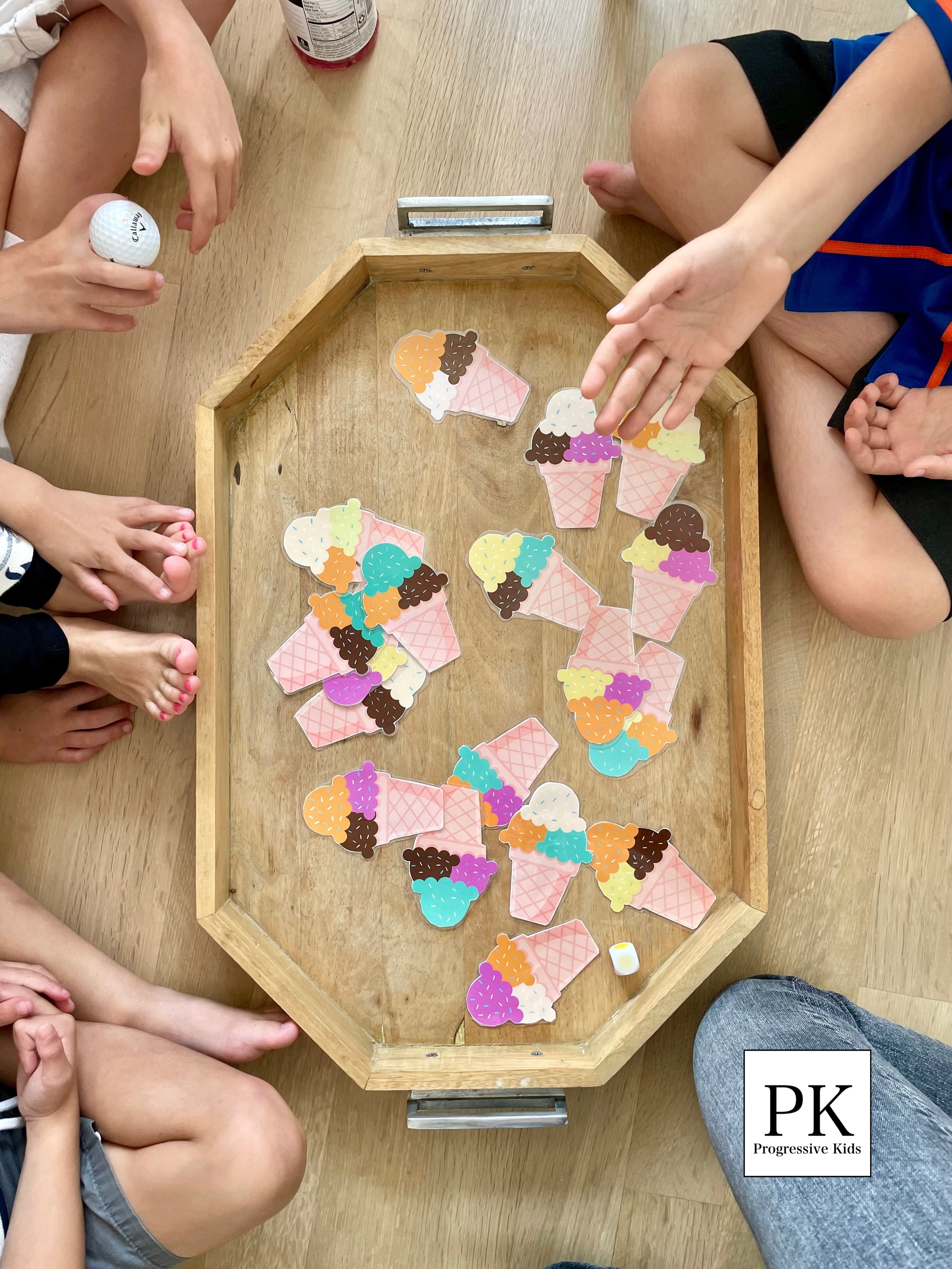Progressive Kids Club (PKC)
Progressive Kids proudly offers social groups, Progressive Kids Club (PKC) on the Upper East Side. Social skills groups are an evidence-based practice that teach through facilitated social interactions with peers. Groups of up to four children are formed based on age and developmental skill levels. PKC offers a unique curriculum that is curated by Jamie Kraus, MSEd, BCBA, LBA The goal of our groups is to build social skills and competencies in order to help kids progress in the social world.
PKC is proud of our natural approach, which is child-led and uniquely tailored to teach skills that foster confidence, cooperation, and comradery. Our practice is based on the principles of behavior analysis (the science of behavior), participates in multi-disciplinary collaboration, and incorporates various learning tools.
PKC focuses on social emotional skills, pragmatic language, verbal behavior, and executive functioning skills. Some of our learning tools include The Social Thinking Methodology©®, game play, role play, video modeling, social stories, behavior mapping, physical activities, and teamwork exercises.
PKC is a fun and engaging way to work on social skills and competencies. PKC is something that all children can benefit from. PKC programming can include:
Verbal Behavior
• Pragmatic language
• Conversation skills
• Reciprocal communication
• Asking and answering questions
• Topic maintenance
• Expanding expressive language in social play
Social Skills
• Play skills and cooperative play
• Peer interaction
• Sharing and turn-taking
• Collaboration and teamwork
• Joining play and group activities
• Friendship skills
• Group problem-solving
• Game play and rule-following
Social-Emotional Development
• Emotional awareness and expression
• Self-regulation in group settings
• Coping skills
• Perspective-taking
• Empathy and understanding others’ feelings
• Reading the room
• Expected vs. unexpected behaviors
• Confidence-building and social resilience
Flexibility & Executive Functioning
• Flexible thinking during play and activities
• Transitioning between games and tasks
• Following group routines
• Planning, sequencing, and organization
• Working memory and attention
• Adapting to peers’ ideas
• Managing surprises or changes
• Problem-solving in dynamic social situations


